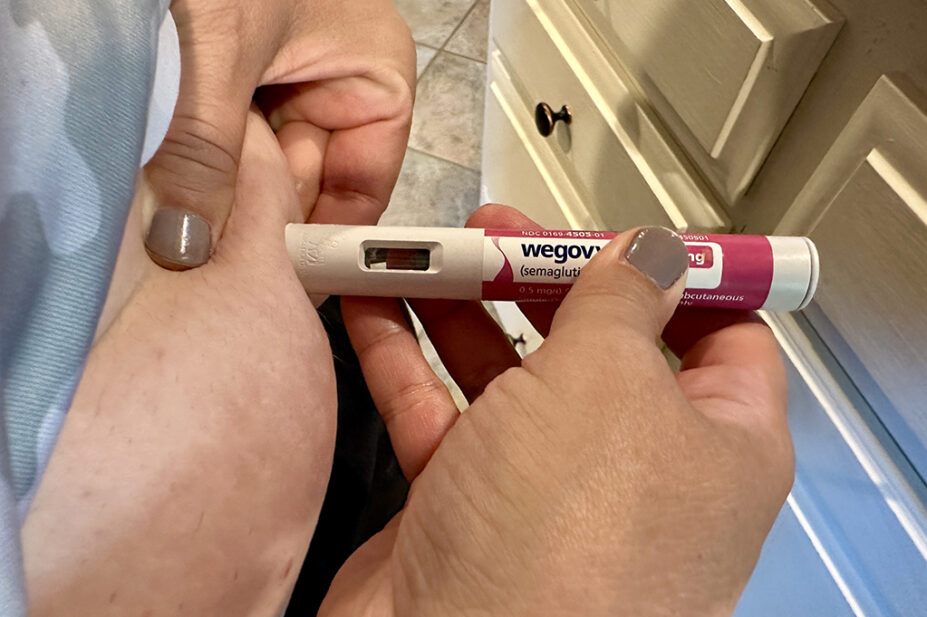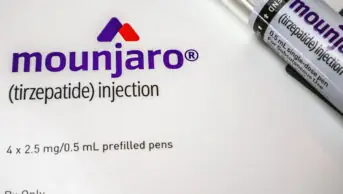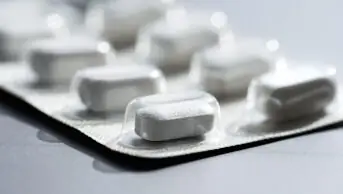
Shutterstock.com
Pharmacists could be well placed to support a genetic research study into the side effects of GLP-1 receptor agonists, based on information published on 26 June 2025 in a press release by the Medicines and Healthcare products Regulatory Agency (MHRA).
While pharmacists are not mentioned directly, the MHRA has called on healthcare professionals to submit Yellow Card reports on behalf of patients who develop acute pancreatitis while using GLP-1 medicines for weight loss or type 2 diabetes mellitus.
These reports will be used to help identify patients for a new phase of the Yellow Card Biobank study, to be led alongside Genomics England.
Once a report is submitted, the MHRA will follow up with patients to ask if they are willing to participate in the Biobank study. This involves providing additional information and a saliva sample via a home testing kit, which will be analysed for genetic markers linked to adverse drug reactions (ADRs).
Matt Brown, chief scientific officer of Genomics England, said there was “real potential” to minimise medication side effect, noting that “many adverse reactions [have] a genetic cause”.
The Yellow Card Biobank, launched in May 2023, has previously recruited patients who have experienced severe reactions to direct oral anticoagulants (DOACs) and allopurinol to see if there is a genetic cause.
Brown said the next stage of the Biobank partnership — focusing on GLP-1s — would “generate data and evidence for safer and more effective treatment through more personalised approaches to prescription, supporting a shift towards an increasingly prevention-focused healthcare system”.
Alison Cave, chief safety officer at the MHRA, said: “Evidence shows that almost one-third of side effects to medicines could be prevented with the introduction of genetic testing. It is predicted that ADRs cost the NHS more than £2.2bn a year in hospital stays alone.
“Information from the Yellow Card Biobank will help us to better predict those most at risk of adverse reactions — enabling patients across the UK to receive the safest medicine for them, based on their genetic makeup.”
A spokesperson for the National Pharmacy Association (NPA) said: “It is not uncommon for additional information to emerge about the side effects of new medicines as they are used in clinical practice.”
They added that the NPA would be “following any updated guidance from the MHRA closely” and that pharmacists and their teams “take patient safety incredibly seriously”.
“They follow all guidance from relevant regulatory agencies when providing services to patients including reporting any suspected safety concerns related to medicines and medical devices.”
Leyla Hannbeck, chief executive of the Independent Pharmacies Association (IPA), stressed that GLP-1 receptor agonists should only be prescribed by a qualified medical professional.
She also reiterated calls for community pharmacies to be involved in the NHS roll-out of weight-loss jabs, saying: “It is essential that as the government looks to roll out more GLP-1 medication, making its use even more socially acceptable, that professionals like pharmacists are engaged to help assess whether patients really should be on these drugs, keeping them safe and potentially saving lives in the process.
“Community pharmacists stand ready to deliver and hope that the government authorises them to do so.”


